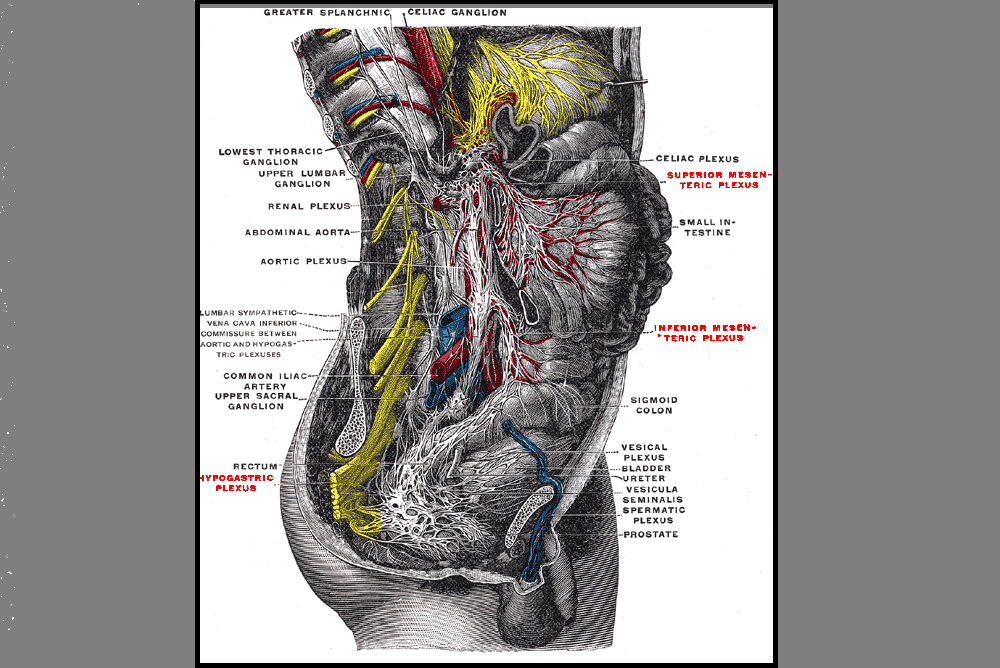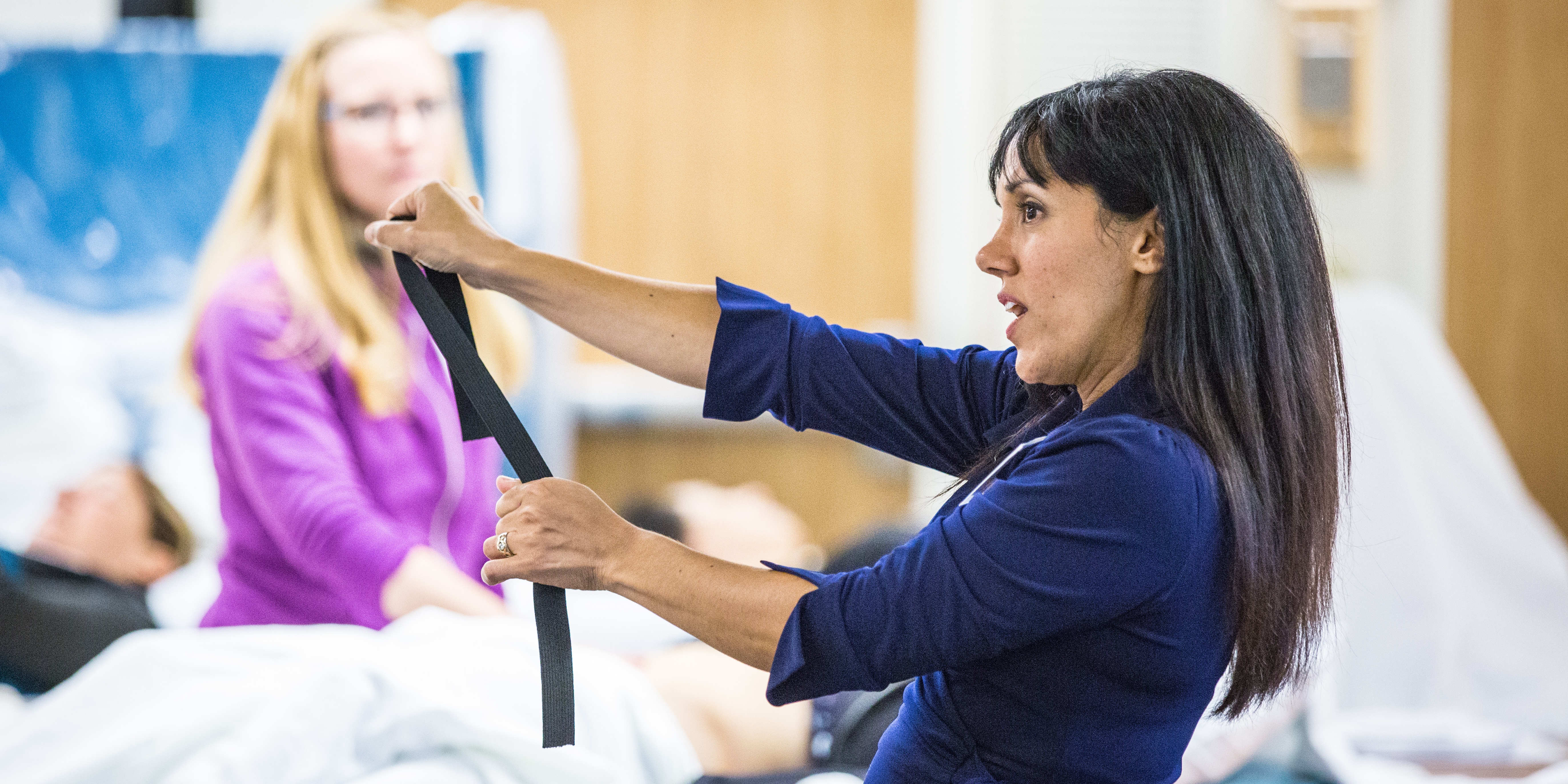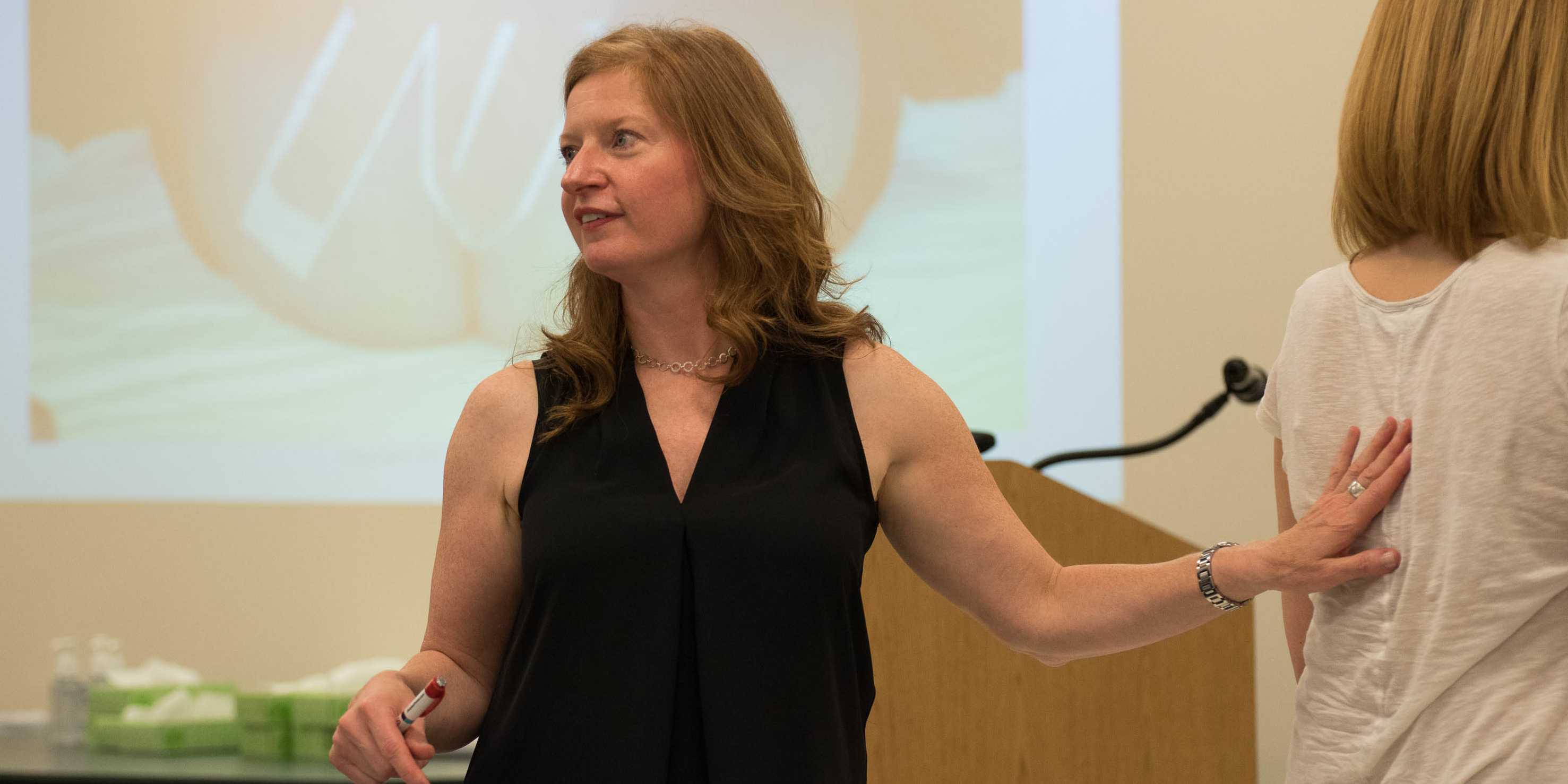Featured Certified Pelvic Rehab Practitioner - Katie Tredo, DPT, PRPC!
This week we get to feature Katie Tredo, DPT, PRPC, one of the first people to earn her Pelvic Rehabilitation Practitioner Certification! Katie co-owned a private practice in Maryland, and has recently relocated to the Milwaukee area to practice her trade. She was kind of enough to offer her insights with the Pelvic Rehab Report today.
![]() Hi Katie! Tell us a little bit about your clinical practice
Hi Katie! Tell us a little bit about your clinical practice
I recently joined the staff at Health In Balance Physical Therapy in Mequon, WI. Our team is made up of experienced physical therapists with a variety of interests and specialties. Along with two of my coworkers, my practice is focused on treating men, women, and children with pelvic dysfunctions. I think a practice with such a skilled and diverse set of physical therapists allows us to better serve our patients.
What patient population do you find most rewarding in treating and why?
I find treating patients with pelvic dysfunctions, especially pelvic pain, to be extremely rewarding. Pain, incontinence, and other pelvic dysfunctions can leave patients feeling very isolated and hopeless. Watching my patients open up about their issues then progress toward their goals, returning to their previous activities and relationships without pain or dysfunction is amazing. There are so many quality of life issues that go along with pelvic dysfunctions and I am honored to be a part of each of my patient’s journey to recovery.
If you could get a message out to physical therapists about pelvic rehabilitation what would it be?
I would encourage physical therapists to get comfortable asking about bowel, bladder, and sexual dysfunction on their initial intake forms. Many people will not think to report these issues without being asked and a pelvic dysfunction can be a major component of a hip or back issue. If your patient reports a pelvic dysfunction, be comfortable acknowledging it and make an appropriate referral for them. I enjoy working closely with and sharing patients with other physical therapists so that we can maximize our patients’ recovery.
What role do you see pelvic health playing in general well being?
In the past discussing pelvic dysfunctions was considered embarrassing or taboo. In the past few years, I have seen more and more of my patients educating themselves, discussing their issues with other men or women, and finding themselves the help they need. Many patients are going into their referring physicians and requesting to receive help instead of waiting for their doctor’s suggestion. Patients are becoming more empowered over their own care. I see pelvic health becoming more and more of a focus in people’s lives and that fewer patients will be content living with their dysfunction.
By accepting you will be accessing a service provided by a third-party external to https://hermanwallace.com/







































